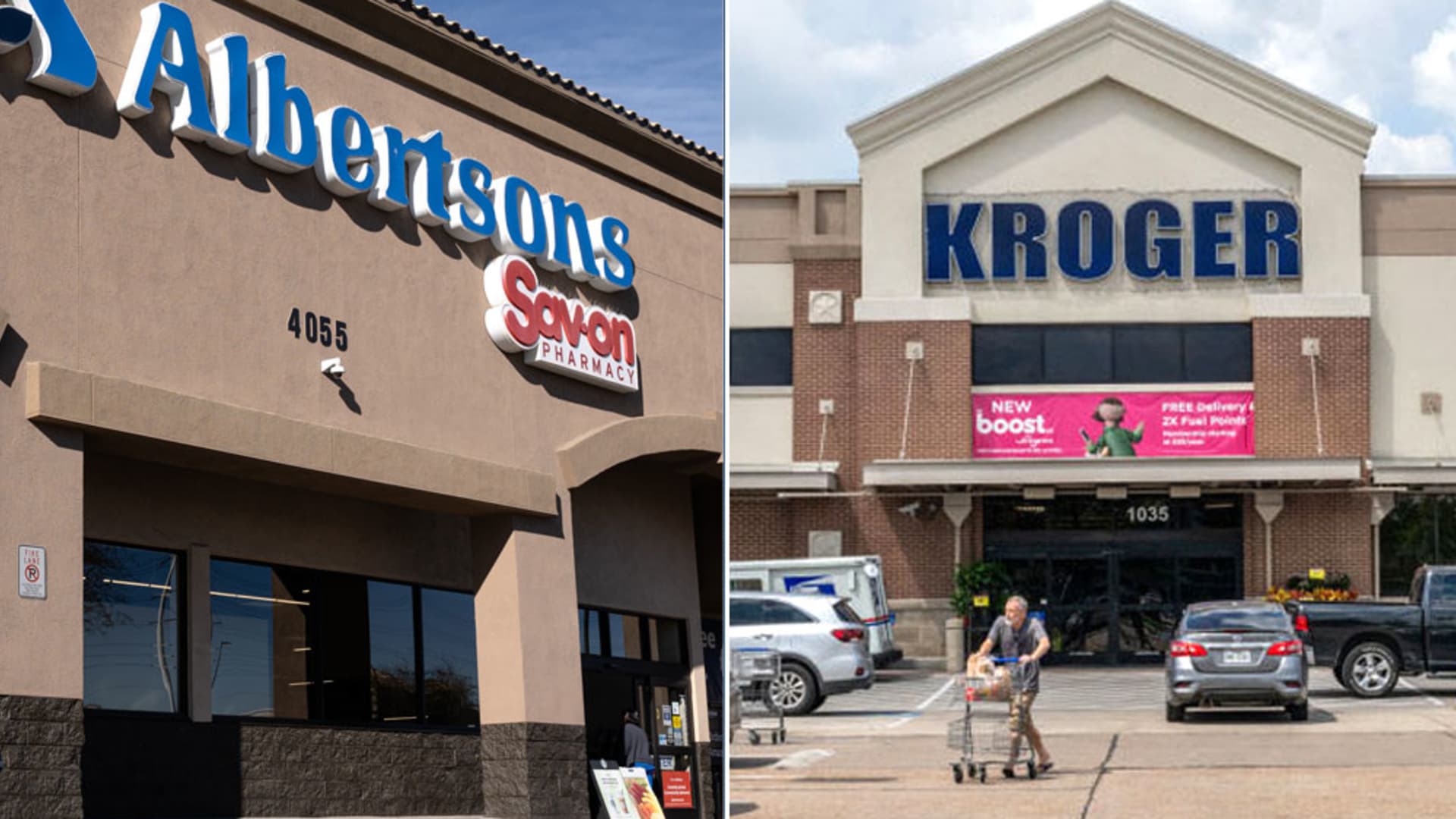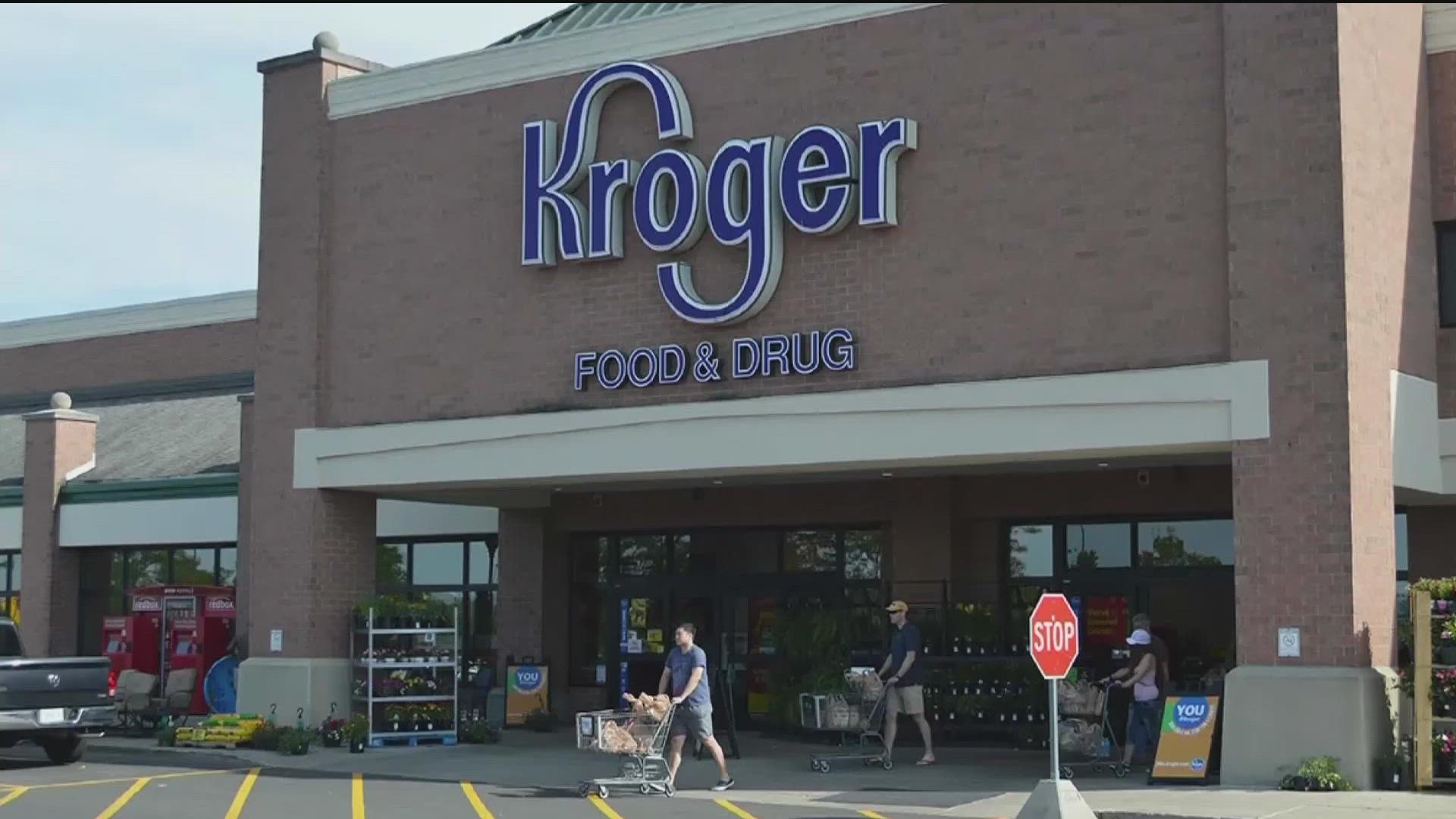Kroger-Albertsons $25 Billion Merger Blocked by Federal Judge
In a major antitrust victory, a federal judge has blocked the proposed $25 billion merger between grocery giants Kroger and Albertsons. The deal, which would have created the second-largest supermarket chain in the United States, had drawn scrutiny from antitrust regulators and consumer advocates who argued that it would reduce competition and drive up prices.
Antitrust Concerns
The Federal Trade Commission (FTC) filed a lawsuit to block the merger, alleging that it would harm competition in nearly 50 metropolitan areas where Kroger and Albertsons stores overlap. The FTC argued that the merger would give the combined company too much market power, allowing it to raise prices, reduce product offerings, and stifle innovation.
Data from the FTC showed that the merged company would have controlled more than 50% of the grocery market in some areas, with even higher market share in certain products such as fresh produce and dairy. The FTC also argued that the merger would eliminate competition between two of the largest and most innovative grocery chains, potentially stifling future advancements in the industry.
Consumer Impact
Consumer advocates also raised concerns about the impact of the merger on shoppers. They argued that the reduction in competition would lead to higher prices and fewer choices for consumers. A study by the National Consumers League estimated that the merger would increase grocery bills for American families by an average of $400 per year.
The FTC's lawsuit provided evidence supporting this claim. The agency's analysis showed that the merger would likely lead to price increases in several product categories, including deli meats, fresh fruits, and packaged snacks. The FTC also noted that the merger would reduce the number of grocery stores in some areas, making it more difficult for consumers to find affordable and convenient options.
Kroger and Albertsons' Arguments
Kroger and Albertsons argued that the merger would benefit consumers by lowering prices, improving product offerings, and increasing efficiency. They claimed that the combined company would be able to leverage its scale to negotiate better deals with suppliers, which would translate into lower prices for shoppers.
The companies also argued that the merger would allow them to invest more in technology and innovation, which would improve the shopping experience for customers. They cited their plans to develop new digital payment options, expand their online grocery delivery services, and introduce new products and services to meet the changing needs of consumers.
Implications for the Grocery Industry
The blocking of the Kroger-Albertsons merger has significant implications for the grocery industry and the broader economy.
First, the ruling sends a strong message that antitrust regulators are taking a tough stance on mergers that could harm competition. This will likely make companies more cautious about pursuing large mergers in the future, knowing that they face a high risk of being blocked.
Second, the ruling is a victory for consumers. By preventing the merger, regulators have protected competition in the grocery industry, which will likely lead to lower prices and more choices for shoppers.
However, the ruling also raises concerns about the future of the grocery industry. The grocery industry is already highly concentrated, with a small number of large chains controlling a growing share of the market. The blocking of the merger will likely further consolidate the industry, making it even more difficult for smaller grocery stores to compete.
Conclusion
The blocking of the Kroger-Albertsons merger is a significant event with far-reaching implications for the grocery industry and the broader economy. The ruling is a victory for antitrust regulators and consumers but it also raises concerns about the future of competition in the grocery sector.
As the grocery industry continues to evolve, it will be important for antitrust regulators to carefully consider the competitive implications of future mergers and acquisitions. The FTC's actions in this case demonstrate that regulators are committed to protecting competition and ensuring that consumers have access to affordable and innovative grocery options.
Read also:
Gal Gadot's Astonishing Pregnancy Journey: Emergency Brain Surgery At 8 Months
Chargers WR Ladd McConkey's Week 15 Status: Injury Update And Buccaneers Implications
Utah Jazz Fall To Phoenix Suns In A Shoot

